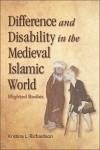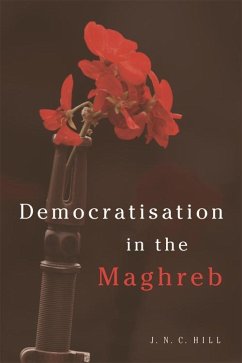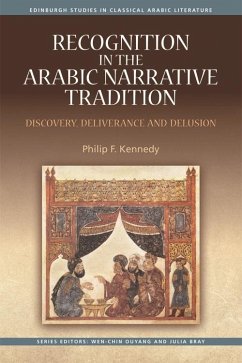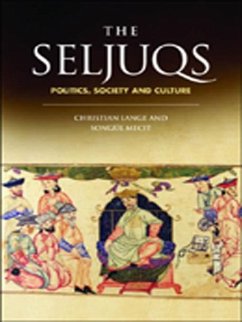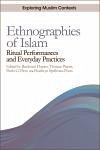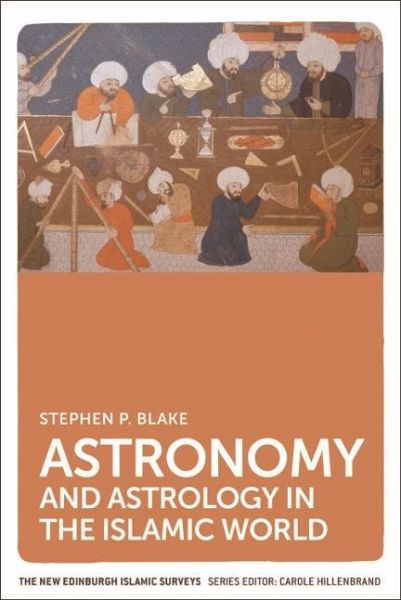
Astronomy and Astrology in the Islamic World (eBook, PDF)
Versandkostenfrei!
Sofort per Download lieferbar
0,00 €
inkl. MwSt.
Weitere Ausgaben:

PAYBACK Punkte
0 °P sammeln!
Surveys the contributions of Islamic astronomers and mathematicians to the development of astronomy and astrologyIt was the astronomers and mathematicians of the Islamic world who provided the theories and concepts that paved the way from the geocentric theories of Claudius Ptolemy in the second century AD to the heliocentric breakthroughs of Nicholas Copernicus and Johannes Kepler in the sixteenth and seventeenth centuries. Algebra, the Arabic numeral system, and trigonometry: all these and more originated in the Muslim East and undergirded an increasingly accurate and sophisticated understan...
Surveys the contributions of Islamic astronomers and mathematicians to the development of astronomy and astrology
It was the astronomers and mathematicians of the Islamic world who provided the theories and concepts that paved the way from the geocentric theories of Claudius Ptolemy in the second century AD to the heliocentric breakthroughs of Nicholas Copernicus and Johannes Kepler in the sixteenth and seventeenth centuries. Algebra, the Arabic numeral system, and trigonometry: all these and more originated in the Muslim East and undergirded an increasingly accurate and sophisticated understanding of the movements of the Sun, Moon, and planets. This nontechnical overview of the Islamic advances in the heavenly sciences allows the general reader to appreciate (for the first time) the absolutely crucial role that Muslim scientists played in the overall development of astronomy and astrology in the Eurasian world.
Key Features
- The first accessible, non-technical history of Islamic astronomy and astrology
- Surveys the major advances in the heavenly sciences from Isfahan, Maragha and Samarqand from the ninth to the sixteenth centuries
- Shows the impact of astronomy and astrology on individuals and institutions
- Looks at the influence of almanacs and horoscopes in the Mughal, Ottoman and Safavid Empires
- Considers the ways Islamic astronomy and astrology shaped beliefs and practices in the medieval and early modern Islamic and European worlds
Dieser Download kann aus rechtlichen Gründen nur mit Rechnungsadresse in A, B, BG, CY, CZ, D, DK, EW, E, FIN, F, GR, HR, H, IRL, I, LT, L, LR, M, NL, PL, P, R, S, SLO, SK ausgeliefert werden.




